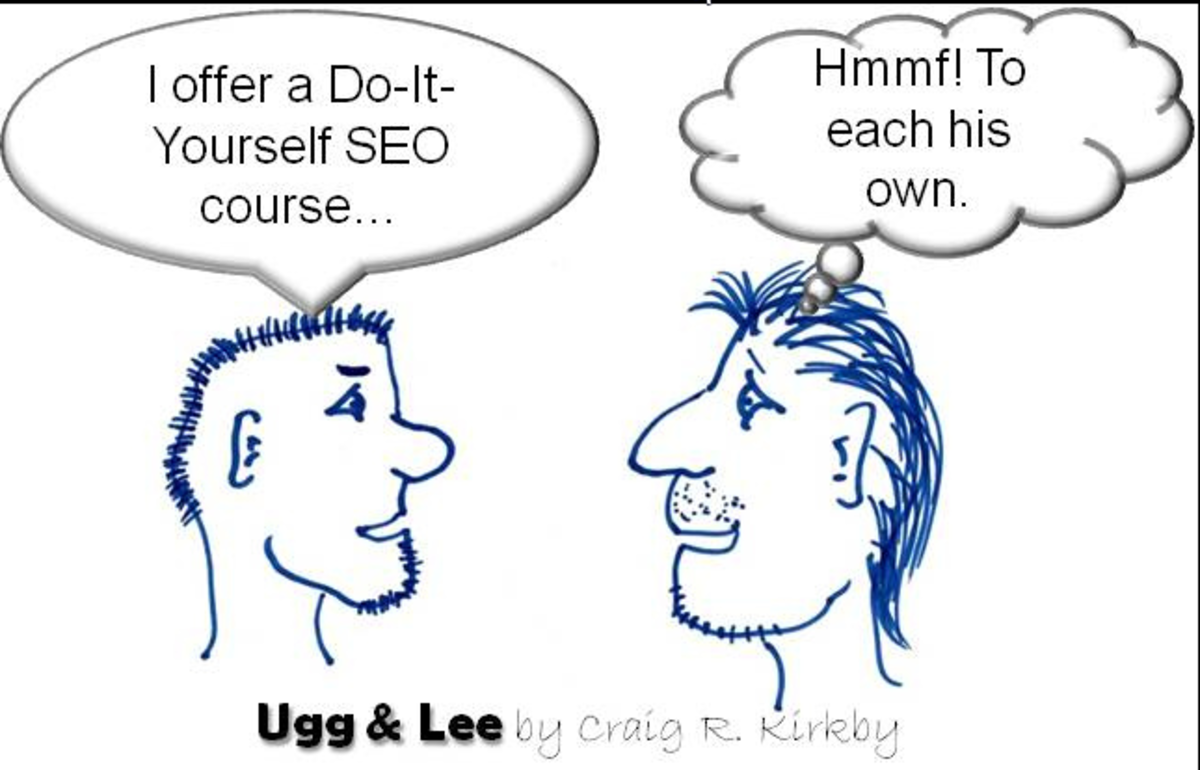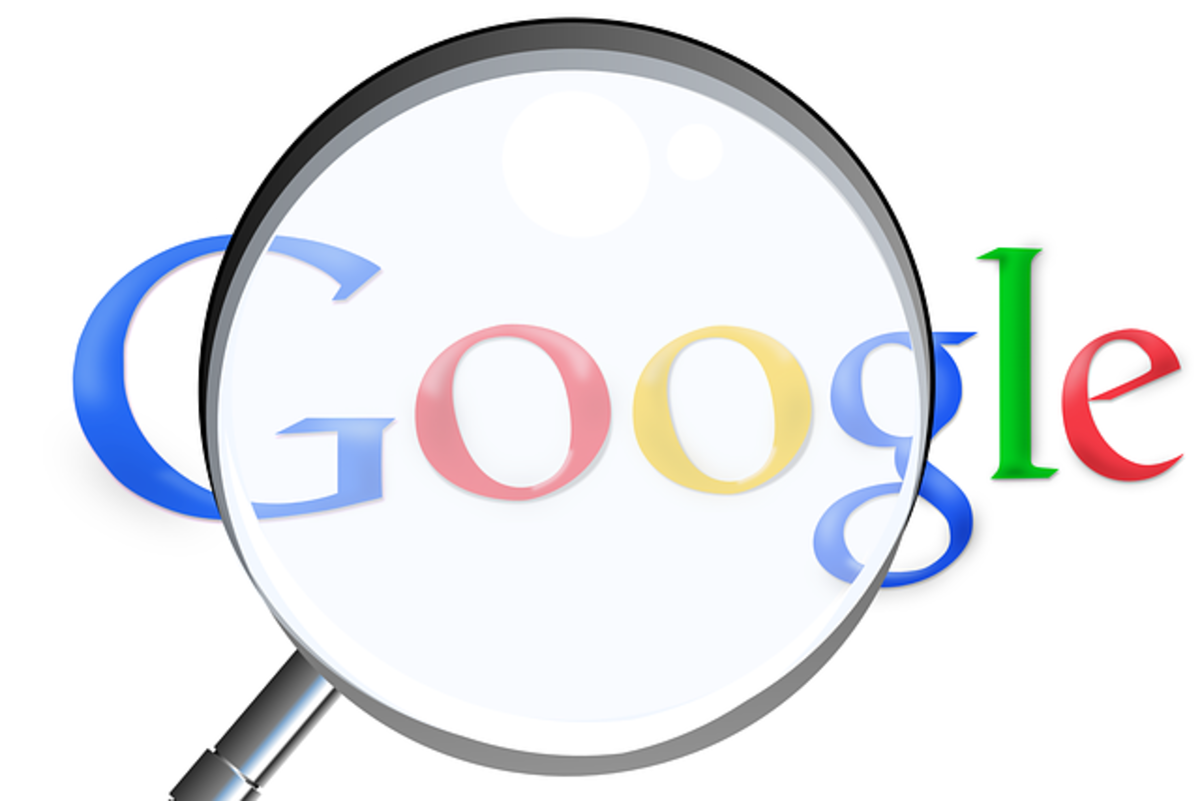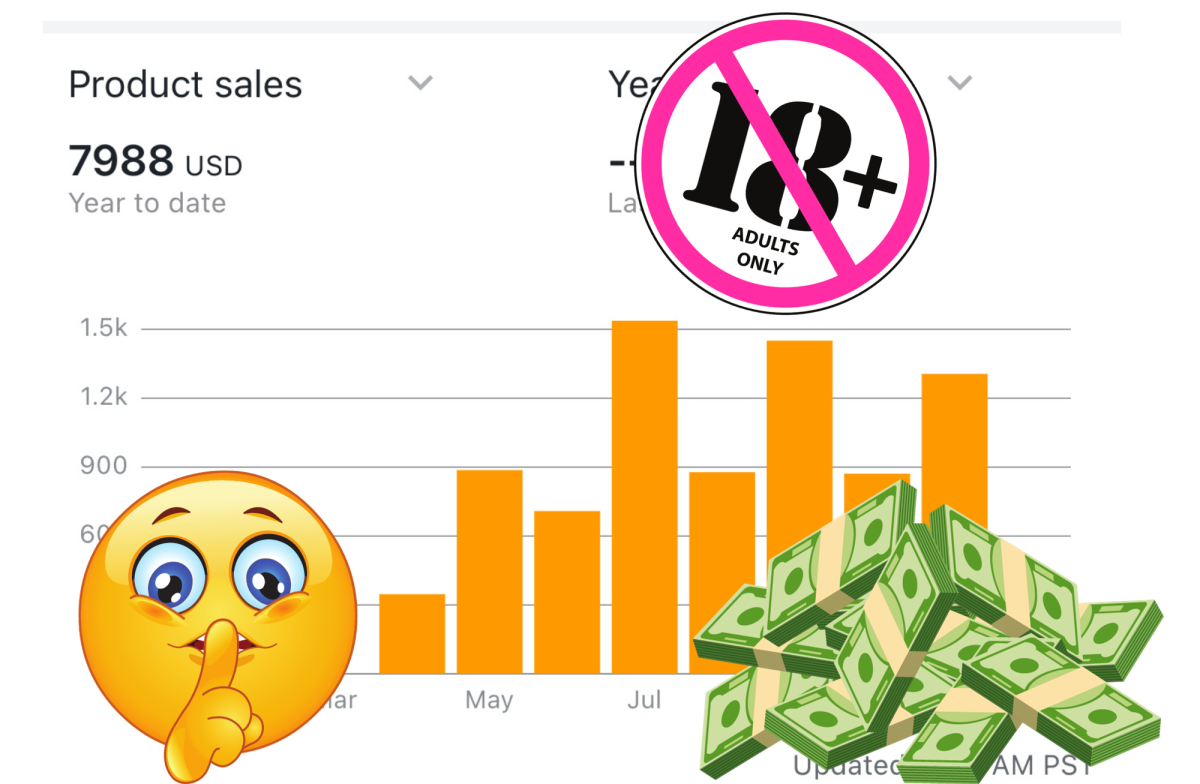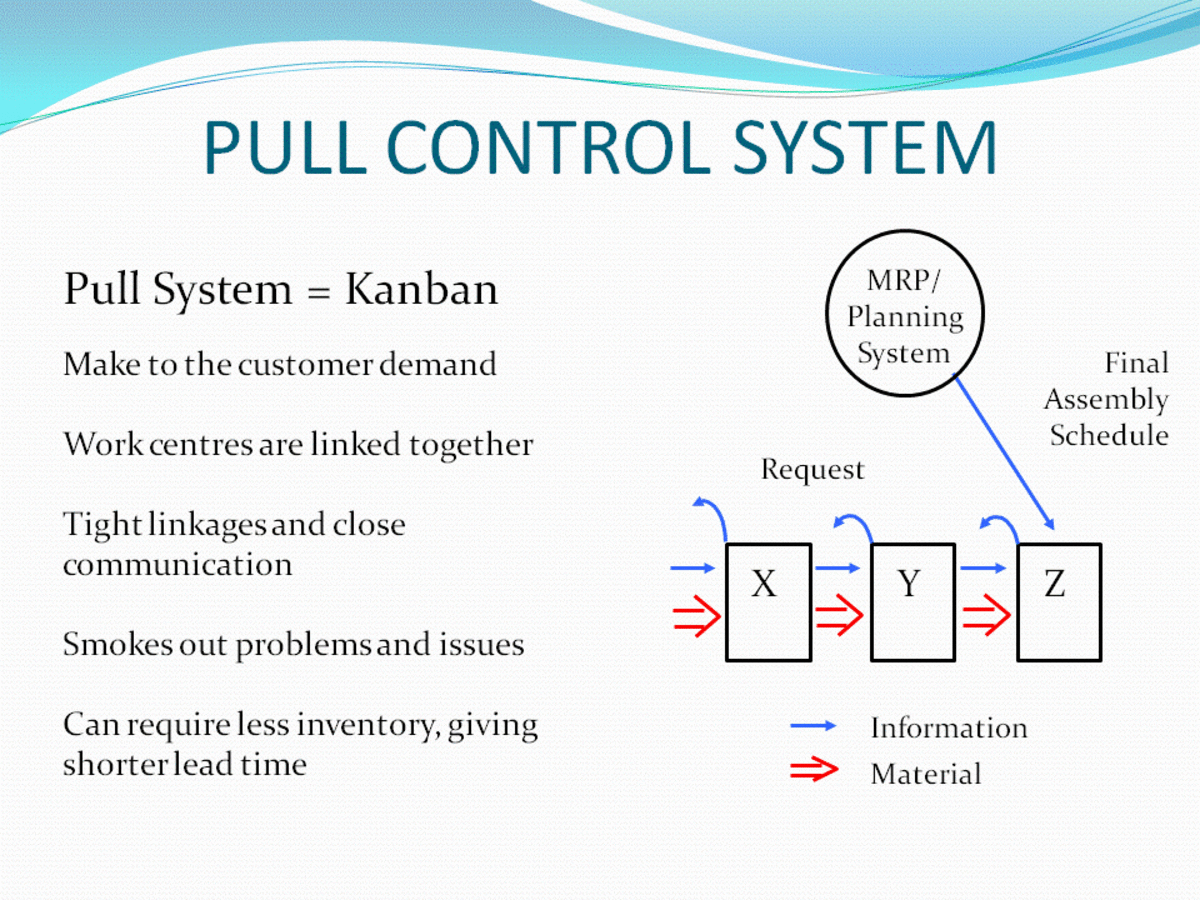The Battle Between SEO and PPC
SEO versus PPC
Starting a business is difficult and perfecting your product is only half the battle. Companies must use effective marketing and the internet is one of the best resources.
From Google to Bing to Yahoo, two basic options are available for businesses to increase their visibility on search page results: PPC (pay-per-click) and SEO (search engine optimization). Both programs use relevant keywords to drive users to their sites.
So what's the difference?

PPC guarantees that your site will be found. The results are found in the sponsored result box on the SERP (search engine results page). PPC clients bid on keywords and pay each time that a Web user clicks on their link. The price-per-click varies depending on the competition for the keyword. PPC can be expensive but will quickly increase website visibility.
SEO is another proactive option but without PPC’s high cost. SEO results are found in the center scroll of SERPs, by inserting keywords into the website’s articles. SEO is an organic process of a site growing an audience to achieve a higher ranking on the search engine. SEO requires daily posting and diligence. Deciding whether to use PPC or SEO depends on your business.
SEO or PPC
Do you prefer SEO or PPC?
When to Use PPC
- You are releasing a new business
With the vast information of the Internet, new businesses often fly under the radar. PPC allows businesses to instantly be found. Both corporate and small companies have equal opportunities.
- You do not have a website designed for SEO
SEO requires content-rich websites that are regularly updated. This is the only way to keep search engines aware that your website is up-to-date and keep your site at the top of SERPs.
- You are advertising a short-term sale or limited-time promotion
You are not contracted into long-term PPC costs. Businesses are able to use PPC for a week to advertise their promotion and end their agreement immediately.
When to Use SEO
- You want to build your website as an authority, recognized by search engines
Authority websites are the first few links on the SERP, as the “go to” for specific information. SEO builds steady traffic to become an expert and trusted source in the niche.
- You want to increase the value of your website
The value of a website relies heavily on traffic. Successful SEO websites earn returning viewers with the highest link popularity and SERP page rank. High value websites often become authority websites.
- You are not generating an income from the website
Not every website was designed for income. For example, SEO keeps food blogs and online business portfolios accessible on search engines for free.
Conclusion
There is an option for any business to increase their website’s visibility. PPC produces instant exposure for new businesses or sales but can be expensive. SEO is much cheaper with long-term traffic potential but requires extensive keyword knowledge and frequent content updates. Both PPC and SEO can increase online traffic. Business owners must establish their timeline and goals before deciding between programs.








